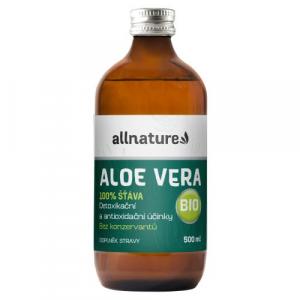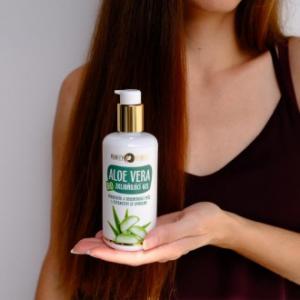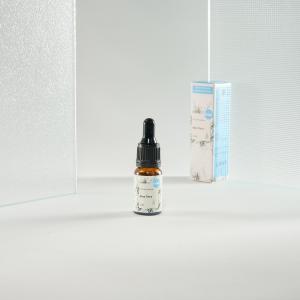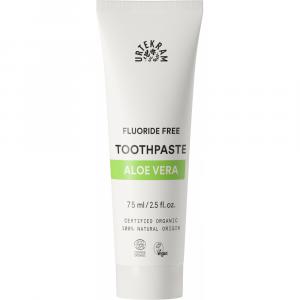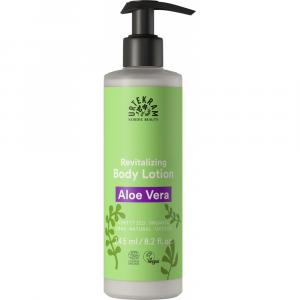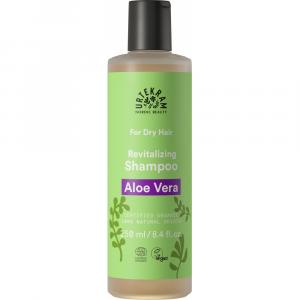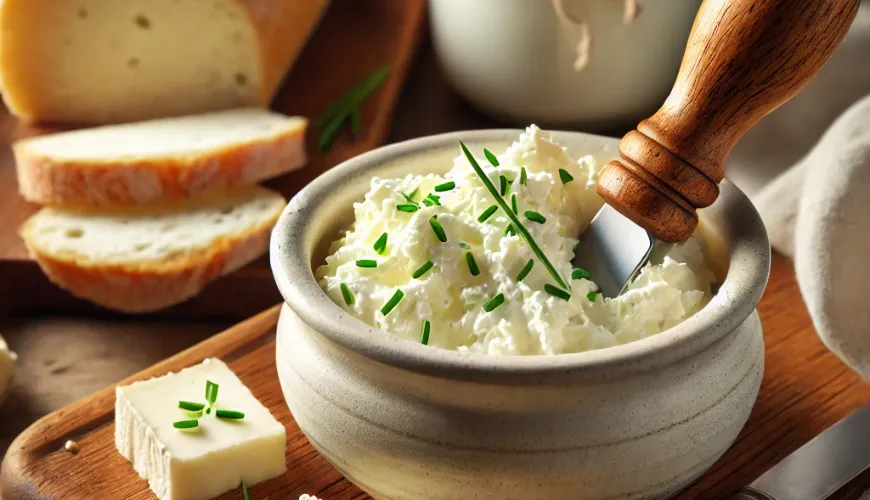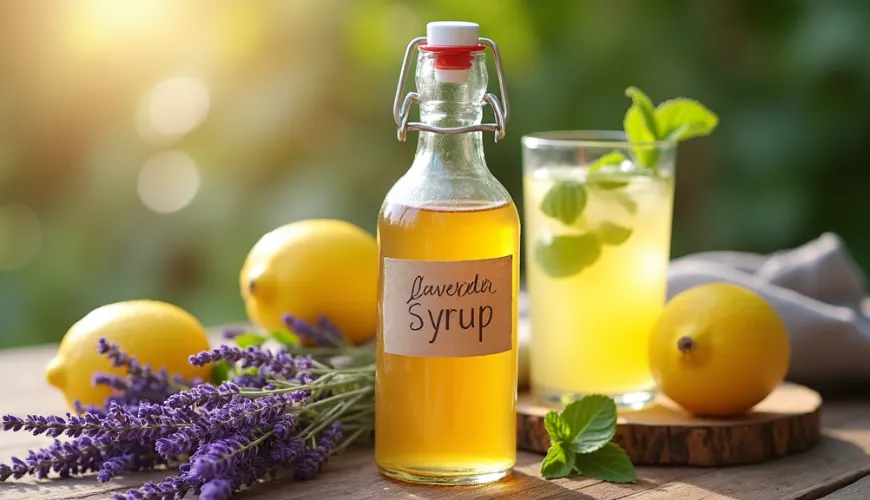
Miraculous Home Remedies for Blisters You Must Try
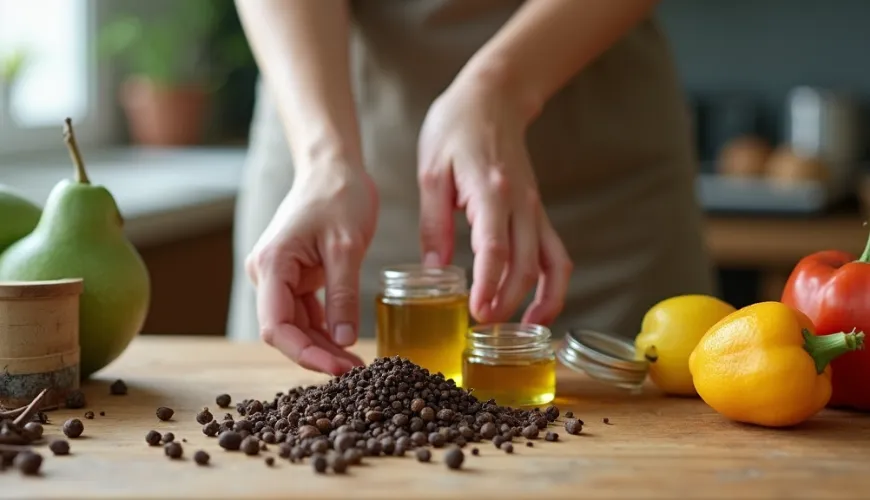
Tips for Blisters - What Helps When Shoes Pinch and Feet Hurt?
We've all been there – new shoes, high expectations for lasting all day, and a few hours later, the painful reality of blisters, sores, and irritated skin. Whether it's elegant heels, work shoes, or sports sneakers, no type of shoe is entirely immune to this annoyance. Fortunately, there are tried-and-true home remedies for blisters that have been passed down from generation to generation. They are simple, inexpensive, and often surprisingly effective.
What Are Blisters and Why Do They Occur?
Blisters are areas on the skin irritated by repeated friction or pressure, most commonly caused by poorly fitting shoes. They can manifest as redness, painful fluid-filled blisters, or even calloused skin. They most frequently appear on heels, toes, feet, and sometimes even on arches. Their occurrence is influenced not only by the type of footwear but also by weather conditions (humidity and heat exacerbate friction), the material of socks, and the length of walking.
In older generations, when there weren't so many options for foot care or specialized products, people had to rely on home tricks and "guaranteed" recipes. The basis of these methods was simplicity, natural ingredients, and ingenuity. And therein lies their charm.
Proven Home Methods That Really Work
You might be surprised that some tips, which sound like they're from a grandmother's herbal tale, now have scientific backing. Most of them target two phases of the problem: preventing blisters from forming and treating those that have already appeared.
1. Vinegar and Water – Natural Disinfection
One of the most popular home remedies is a foot bath in warm water with a bit of vinegar. Vinegar has natural antibacterial properties that help prevent infections if a blister has already formed on the foot. Just two tablespoons of apple cider vinegar in a basin of warm water and 15 minutes of relaxation. Your feet will not only be disinfected but also softened.
2. Raw Onion – An Unexpectedly Effective Helper
It sounds strange, but a slice of raw onion applied to a blister and secured with a bandage overnight can help relieve pain and inflammation. Onions contain sulfur compounds that have anti-inflammatory and antibacterial effects. In the morning, simply rinse the area and treat it with moisturizing cream. The results are surprising – the blister is often softer and less painful.
3. Clove and Olive Oil – A Fragrant Balm for Irritated Skin
A mixture of crushed cloves and olive oil has long been used as a natural ointment for irritated areas. Clove contains eugenol, which has anesthetic properties and reduces pain. Olive oil nourishes and regenerates the skin. This combination can be used overnight as a compress or gently massaged into the skin.
4. Aloe Vera – The Old Familiar Miracle of Nature
If you grow aloe at home, you're in luck. The gel from aloe vera leaves is one of the best home remedies for blisters. It soothes, hydrates, and promotes healing. Simply cut a leaf and apply the gel directly to the affected area. It is recommended to repeat several times a day.
Try our natural products
5. Potato as a Cooling Compress
Raw potato, sliced and applied to a blister, can act as a natural cooling compress. The starch in the potato has anti-inflammatory effects and can reduce swelling and burning. This method is ideal right after returning from a long walk or standing all day.
How to Prevent Blisters, or Prevention Is Key
Once they appear, it's challenging to get rid of them. Therefore, it's always better to avoid the formation of blisters. The first step? Properly fitting shoes. Although it sounds cliché, shoe size is often the main culprit. It's not uncommon for people to wear shoes half a size too small just to look more elegant.
Material also plays a role – natural leather adapts to the foot over time, but synthetic materials often remain rigid. Insoles, gel pads, or seamless cotton socks can help reduce friction.
An interesting trick recommended by experienced hikers is the use of baby powder in shoes and on feet. The powder absorbs moisture, preventing friction. Others swear by petroleum jelly or coconut oil, which "grease" the foot, allowing shoes to glide over the skin rather than rub.
Blisters in Everyday Life
Imagine a situation where a young woman is heading to her best friend's wedding. She bought beautiful heels, which she only tried on at home for a few minutes. After several hours of dancing and standing at the buffet, she's barely smiling – two bloody blisters on each foot. The groom's grandmother becomes the rescue mission, without hesitation pulling potato slices and an old cotton scarf from her purse. The evening ends with laughter and relief – and the young woman knows she'll be smarter next time.
Such stories are not uncommon. Anyone who's ever gone hiking in new boots or worn flats without socks knows how quickly a pleasant day can turn into suffering. That's why home remedies for blisters remain among the most sought-after home tricks.
When to Seek Medical Help?
Although most blisters are harmless and the body can handle them on its own, there are cases when professional help is necessary. If a blister becomes infected, pus appears, redness spreads, or the area is hot to the touch, it may indicate an infection. Those at risk include people with diabetes, poor circulation, or reduced immunity. In such cases, home treatment should be set aside, and the area entrusted to a doctor.
As an old saying goes: "Better to prevent a wound than to heal it." Therefore, it makes sense to combine the proven advice of our grandmothers with today's knowledge and health care.
In any case, it's true that healthy and cared-for feet are the foundation of well-being. Whether you're conquering city sidewalks every day or just strolling in the garden, your feet deserve attention. And sometimes all it takes is a slice of onion, a bit of patience, and trust in the wisdom of past generations.
